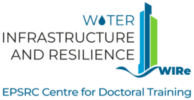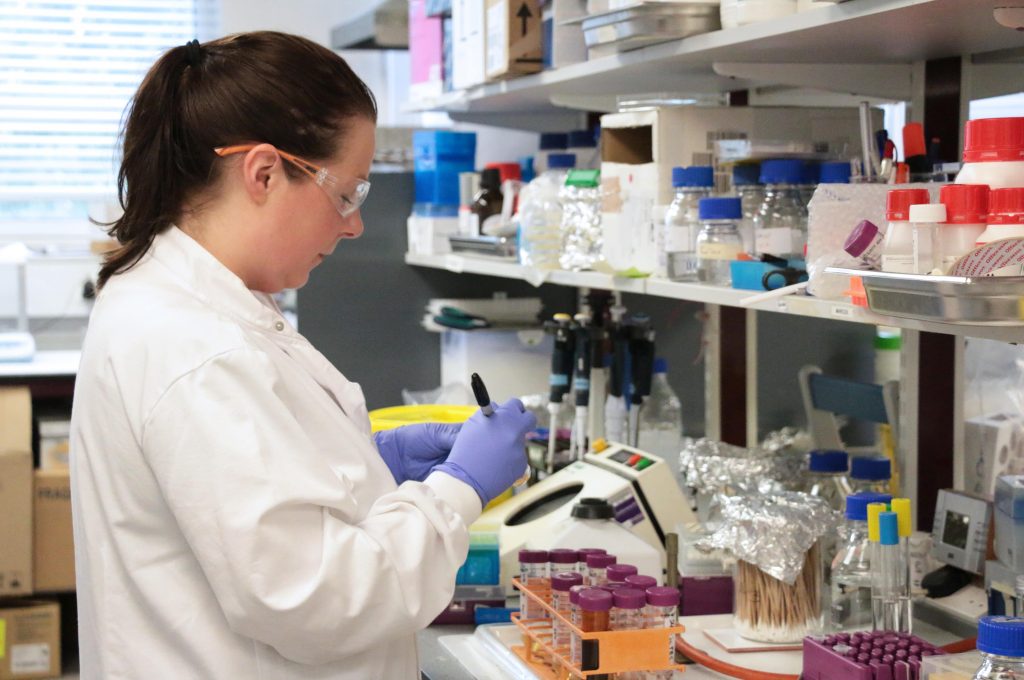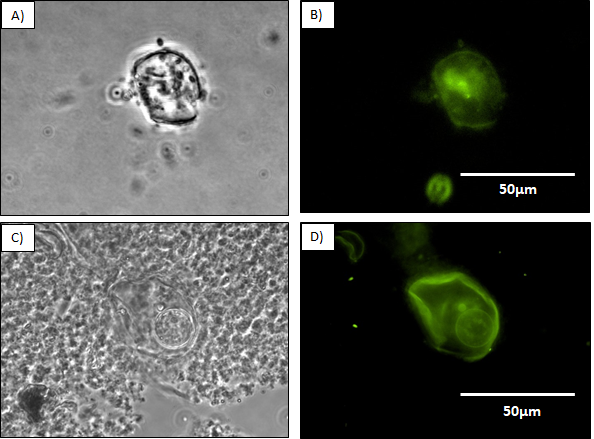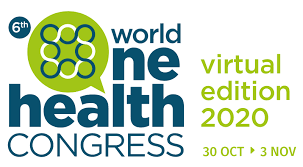We are excited to announce the opportunity to join our group as a fully funded 2021 (WIRe) CDT PhD. This studentship is sponsored by EPSRC, Northumbrian Water and Scottish Water, and will be supervised by Professor David Graham (Newcastle) Professor Vanessa Speight (Sheffield), Andrew Moore (Northumbrian Water), & George Ponton (Scottish Water). The work will include a horizon scan of existing and potential WBE applications. Subsequent research will focus on sampling and hydraulic modelling of targeted sewer networks with the aim of piloting a general framework for future WBE. The ideal candidate will have a background in wastewater engineering or related applied science; skills and interest in biological and/or chemical methods; and numerical modelling or related skills.
If you find the topic interesting and meet the eligibility criteria (First or 2:1 Degree, preferably a MSc in relevant subject), then please apply here no later than 22 March 2021. The studentship is based at Newcastle University, with an extended placement at the University of Sheffield and regular involvement with industrial and government partners. WIRe offers technical and transferable skills training; international placements; and a generous training grant for professional development.
The award starts September 2021 for a duration of four years. It covers all tuition fees and includes annual living expenses of £19,000. Furthermore, it provides additional funding to cover research costs and local, national, and international travel (conferences and exchanges).




